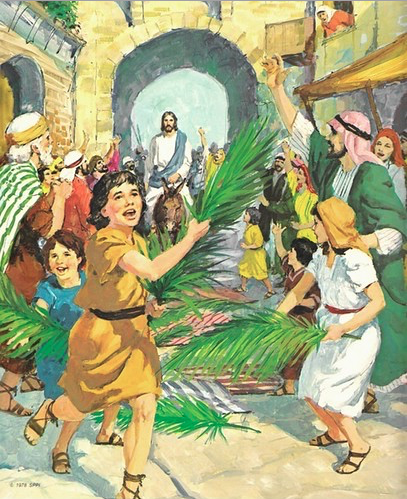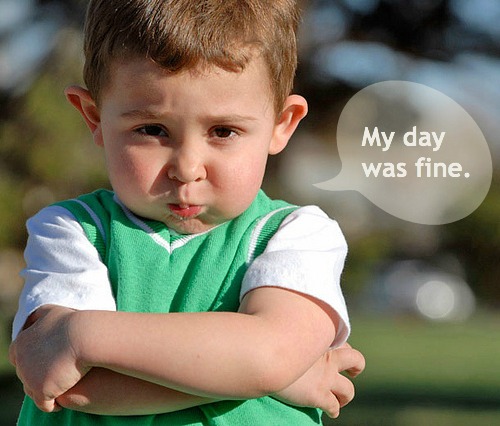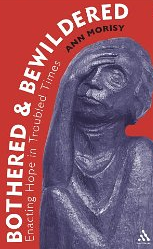It’s Lent!
Rather than giving something up, how about adding daily family faith discussion.
Make it your Lenten investment!

If you are doing a Rotation on the events of Holy Week, you are covering a lot of scripture! So this post will be the start of several which will provide mini reading plans for small portions of each story in the “Events of Holy Week.”. Included are discussion questions for use around the family dinner table. (Or wherever your family is gathered together—perhaps in the car on the way to soccer practice?) Use the chart below to read and talk about this portion of our story… in stages… over the course of several days.
First up: What we now call Palm Sunday!
If you’d like to print out this reading plan/discussion guide, click here.
| Read | Talk about or do… |
| Matthew 21:7-9 | This is like a parade! Describe a parade you’d like to be in. What town is Jesus entering? (Jerusalem) Why is this first event in Holy Week called “Palm Sunday?” How do you plan to celebrate Palm Sunday? |
| Matthew 21:8-9 | Imagine the excitement! Does the Bible you are using have a footnote that explains the meaning of the word “Hosanna?” In Hebrew Hosanna means “save us now,” although over time it had come to be an exclamation of praise. What words do you shout when you are excited and full of appreciation? Shout some worshipful words! |
| Mark 11:1-6 | Take a look at a Bible map (here’s one). Find Jerusalem, Bethany, and Bethphage. Jesus and his disciples walked everywhere. How far did they walk between those towns? What is the furthest you’ve ever walked? |
| Luke 19:28-34 | What would you think if someone asked you to do what Jesus asked? Would you wonder how you’d ever find this colt? Would you be afraid of being accused of stealing?! Would you be anxious to see Jesus riding a never-been-ridden-before, animal? I wonder why Jesus felt that these details were important? |
| Matthew 21:1-5 | Does the Bible you are using help you to discover which prophet said these words? (Hint: Look at Zechariah 9:9) What sort of king were the people expecting? A) a riding-on-a-giant-horse, ’m-going-to-whip-everybody-into-shape sort of a king OR B) a gentle-loving riding-on-a-donkey king? What sort of king did Jesus turn out to be? |
| Matthew 21:10,11 | Obviously not everyone knew about Jesus! The people had been waiting for hundreds of years for the Messiah! Look up the word “Messiah” in a he dictionary (there is usually one in the back of a Bible). |
| Matt 21:8,9 Mark 11:8-10 Luke 19:36-38 John 12:12-16 |
What differences do you notice between these four accounts of this story?
Why do you suppose these differences exist? What do you make of John’s reference to looking back on this story after Jesus’ resurrection? |
How does it feel to add faith talk for Lent?
Photo credits:
Palm Sunday, originally posted by Waiting For The Word on Flickr under a Creative Commons license.






 “Bothered and Bewildered” — that’s the sermon series for Lent this year (2014) at
“Bothered and Bewildered” — that’s the sermon series for Lent this year (2014) at 